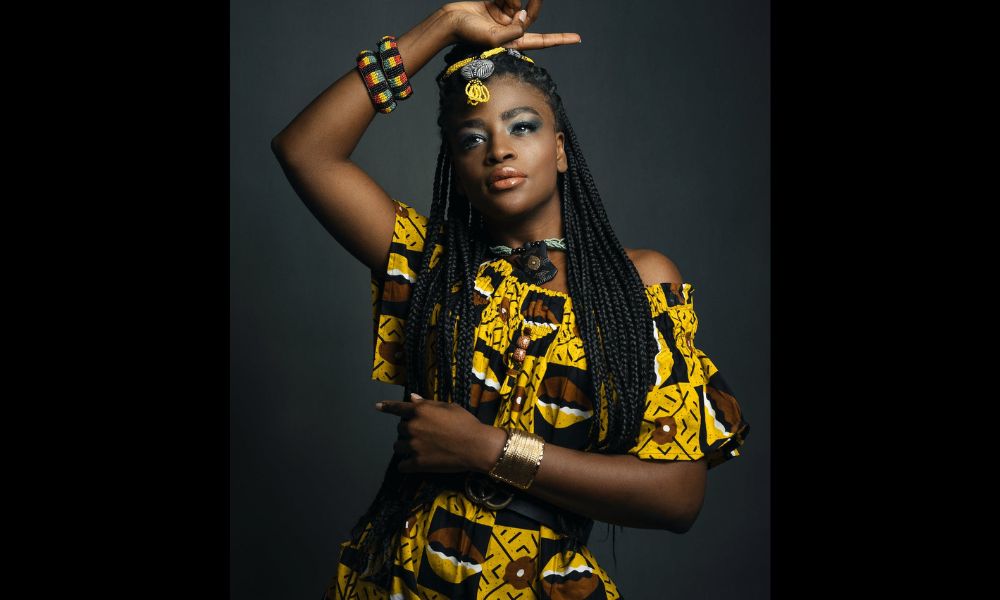A UNESCO report released during Lagos Fashion Week on Oct. 26, predicts Africa’s fashion industry is growing quickly to keep up with the international and local demand for its art but warns that the global lack of investment in African art could stunt its potential.
The United Nations Educational, Scientific and Cultural Organization reported that Africa currently has around $15.5 billion in annual exports. Still, the proportion of earnings from the fashion industry could easily triple in just a decade if proper investments are made, the Associated Press reported.
UNESCO Director-General Audrey Azoulay said Africa’s population of 1.3 billion people, which is is predicted to double in size by 2050, means the fashion industry will only grow as an accessible and “powerful lever for the promotion of cultural diversity [and] also a way to empower young people and women.”
UNESCO has identified the push in the fashion industry being propelled by the history of the Africa being expressed further in movies and through textiles, garment pieces, fine art, and accessories.
With the accessibility and demand of e-commerce, African fashion bands have been in greater demand around the world, according to UNESCO. Africa leads in mobile device web traffic usage globally, so young people who highlight African culture through their fashion brands can advertise via social media and get traction.
Lagos Fashion Week has been an example of the popularity of cultural fashion. Founder of the Fashion Week, Omoyemi Akerele, told the AP, “Africans want to wear Africa. It’s really beautiful to see because it hasn’t always been like this.”
Although Lagos Fashion Week began in 2011 to spark more people to buy and wear Nigerian pieces, it’s grown into a bigger cultural movement than Akerele expected.
“Fast forward a decade after, that’s all people want to wear.”
The show puts various designers across the continent front and center by making space for a fashion show, followed by an open market for people to purchase from local brands that uplift and exhibit African cultural styles.
Ejiro Amos-Tafiri, a designer who participated in Lagos Fashion Week, said she uses her brand to celebrate “the sophistication, class, and uniqueness of every woman [in African stories].”
“With more exposure, people are coming to realize that there is a lot of culture in the Nigerian culture, particularly in the fashion industry. So Africa is really the next frontier,” she continued.
The show is only one example of the unwavering desire and drive of new young African designers to push their work into the global market, Azoulay explained.
“A new breed of young designers is causing a stir in the international scene, reinventing the code of luxury while simultaneously reconciling them with the demands of sustainable, local fashion and heritage.”
RELATED CONTENT: Black Brides-To-Be Going Gaga Over New Hanifa Bridal Line
